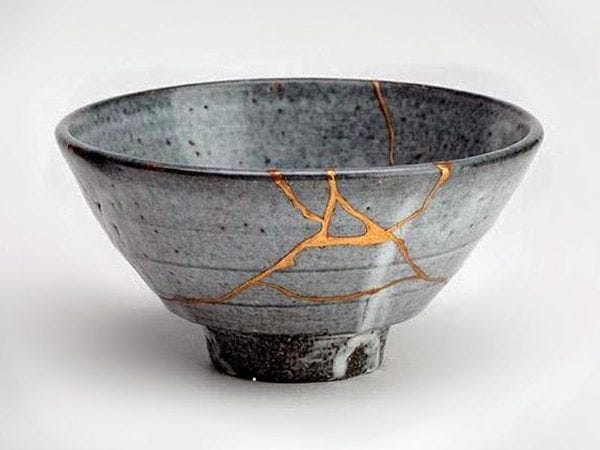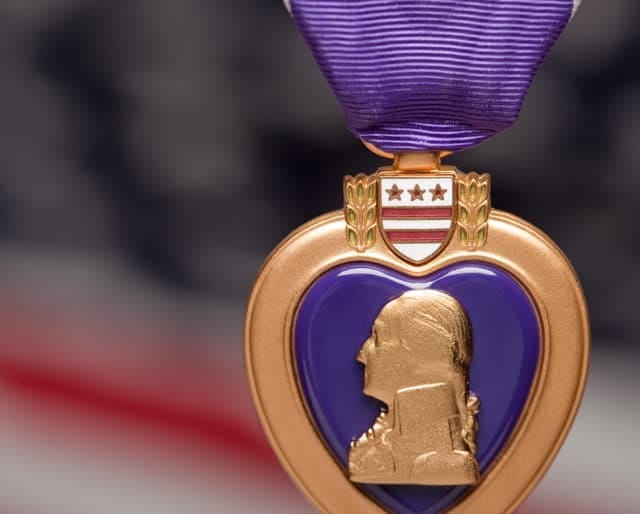Reframing Healing
Musings on maleness, communicating our feelings, and the difficult journey to happiness
Tl;dr: Most men are afraid to show their emotions. This means they cant effectively communicate their trauma, seek help to heal their wounds and move towards a better place mentally.
You cant fix something unless you can accept that it is broken. This is really tough for most men, let me explain why:
Men are taught by other men that showing weakness is somehow ‘unmanly’. This fundamental flaw in the traditional male identity leads to more toxic masculinity. Anger, fear, resentment and loneliness are all factors in cases where men have gone rogue. Toxic male behaviour is at an all time high. So is male suicide. Men just don’t know how to get help, as asking for help is also ‘unmanly’. And so the cycle perpetuates.
To break this cycle and move forward towards a positive path of healing, first accept you have trauma. We all do. Then you have to communicate and share with the right people, only then can you come through this and be a much better man.
Avoidance is dangerous
The tendency to avoid trauma can lead to mental illness, alcohol and substance abuse, and in some cases, suicide. Disassociation is a coping strategy for people with PTSD and other traumas. The issue is at some point you have to pay the piper and face your demons. Issues don't just go away by themselves, they will surface at any time and need to be dealt with. This is particulary prescient if you want to be in a stable and loving relationship. If you care about your partner you need to do the work. A good therapist will help you surface your damage, accept it and unpick the trauma so you can be at ease with yourself.
Reframing damage
The wound is the place where the light enters — Rumi
Why shouldn’t men be proud of showing their damage? Here are two slightly tenuous, but relevant examples:
Kintsugi
Kintsugi (“golden joinery”), also known as kintsukuroi “golden repair”), is the Japanese art of repairing broken pottery by mending the areas of breakage with lacquer dusted or mixed with powdered gold, silver, or platinum. As a philosophy, it treats breakage and repair as part of the history of an object, rather than something to disguise.
Medals of Honour
Ok this one is possibly disrespectful to those who serve their country with pride, but here goes: Military service medals are used to recognise trauma, bravery and loss on the battlefield. Men are proud to wear these medals, why not be proud of your other traumas?
Why shouldn’t men show their trauma and sacrifice in the same way they show their other acts of bravery?
Wear your (purple) heart on your sleeve soldier!
Display your wounds and the healing process
Prisoners get tattoos to show their journey, alcoholics get sobriety coins, its natural for humans to want to display the efforts behind their difficult journey to a better place.
The idea that by sharing your weaknesses and your trauma is in some way, ‘unmanly’ is absolutely tied to toxic masculinity.
Men, if you are struggling with trauma, processing grief or recovering from abuse, just know it’s not just you, you’re not alone, there are so many of us trying to navigate the choppy waters of recovery.
Learn to share your fears
There’s literally no downside to sharing your fears, concerns and trauma history, to people you trust. Its cathartic, refreshing and will help you to face your fears of accepting the truth that is: no matter how vulnerable or embarrassed you feel by sharing your issues, by doing so you will absolutely reap the benefits.
The more you share, the more they care.
Good luck.




